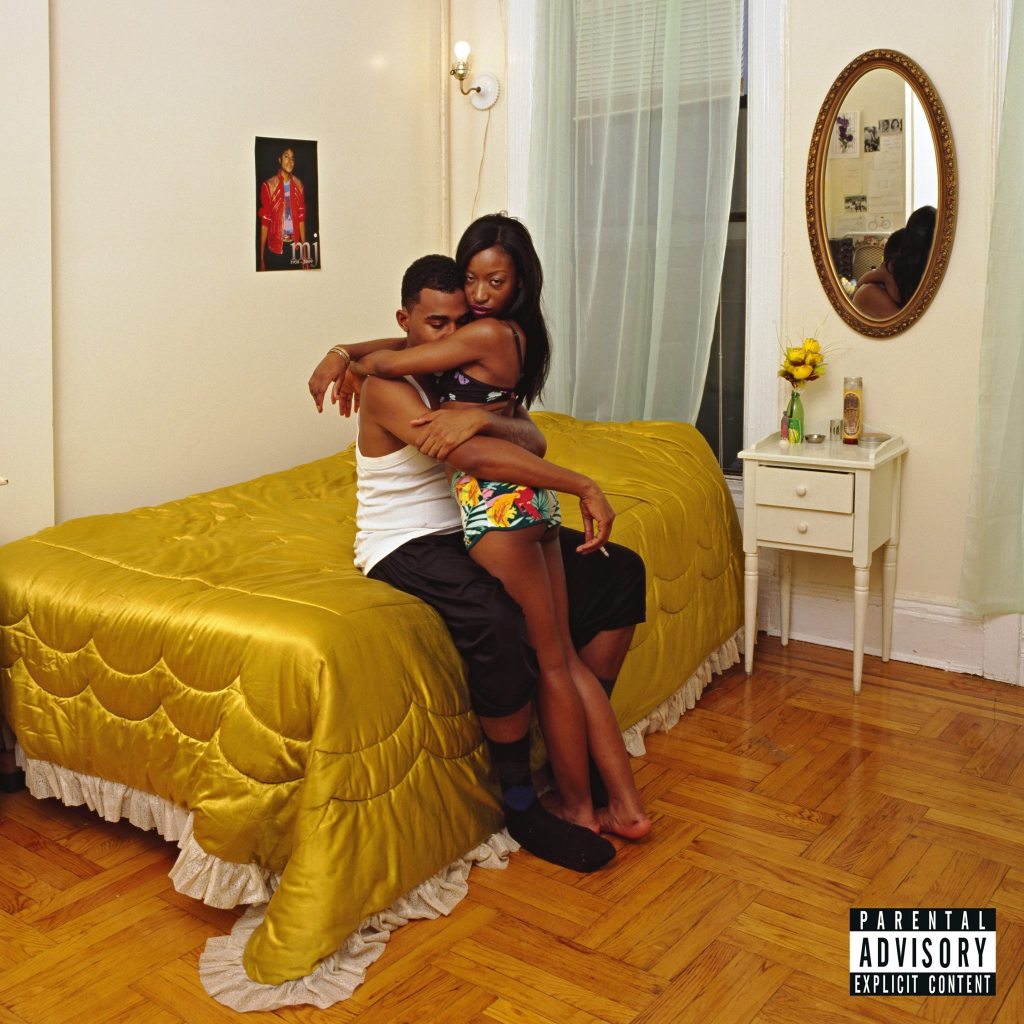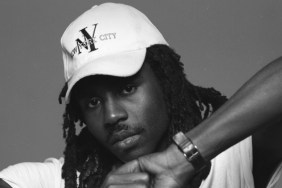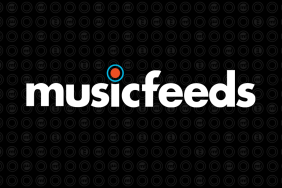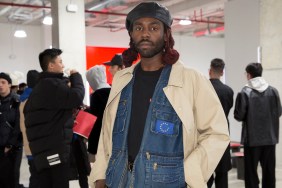Freetown Sound is a magnificent monolith, a pastiche of innumerable genres. It is a sonic painting of the intersecting cityscape of New York. It is a statement on the transversal nature of digital identity, that via the internet the localised can become universal. It is a voice that speaks of the ennui and ire inherent to the black struggle against oppressive forms of whiteness.
Most importantly, it is Hynes. It is incontrovertibly Hynes – the modern boheme, the artistic polymath, the metropolitan romantic. This album was born from Hynes’ aesthetic mobility – from the easiness with which he can migrant between art-forms, collaborators, and physical and psychic spaces.
Interestingly though, his approach, his strategy, decentres and deconstructs his presence as creator. This is not a loud, euphonic exclamation of individuality. This is not a self-affirmation, a lauding of Hynes as discrete, singular and exceptional. Rather Hynes’ sits in the interstices, the gaps and cracks of his soundscapes. He carefully buries himself in layers of voices, found samples and complex sonics.
By so doing, Hynes does not disappear, but becomes a liminal point, a bridge that connects seemingly separate ‘grounds’ – London lands in New York; the 80s, 90s, 00s and the present intermix; jazz, swing, gospel and rock mingle. This does not soften the political aspect of the album, it merely locates it in our reality. A reality defined by the bumpy banter of transnationalism, interculturality, and the internet.
What is the political message? As with the album and Hynes himself, the message cannot be pinned down and frozen static. These are the organic pinings of an aesthete not a violent ideologue. If you listen carefully, you will hear and feel Hynes’ own musings of ‘blackness’ as socio-political, spiritual and generational diaspora.
Clearly, for Hynes ‘blackness’ is complex, slippery and multifarious. It cannot be simplified to a single, digestible identity for pundits to feed to the white-populist mass. It cannot be objectified. It cannot be treated as material or commodity.
This message reminded me of a powerful poem by Aime Cesaire on Negritude (a cultural movement and concept born in Paris during the 1930s by black intellectuals. It sought to reclaim African identity and heritage from its violent entanglement with cultural imperialism and slavery.) In Cahier d’un retour au pays natal Cesaire powerfully says the following:
My Négritude is not a stone, its deafness hurled against the clamor of the day
My Négritude is not a leukoma of dead liquid over the earth’s dead eye
My Négritude is neither tower nor cathedral
It takes root in the red flesh of the soil
It takes root in the ardent flesh of the sky
It breaks through opaque prostration with its upright patience.
Evidently, Hynes alongside the whole panoply of vocal black artists (Kendrick Lamar, Beyonce, Kanye West, Chance the Rapper, Erykah Badu, Kelela, Le1f, and many more) is restating and reaffirming blackness as power, as beauty, as invincibility. My, oh my…it is fucking marvellous to be witness to such an substantive reclamation.
However, perhaps one of the most important parts of the album is that 11 female artists (including samples and photographer) contribute significantly to its composition. Female voices have always performed a constitutive and essential role in Hynes’ music. But, in Freetown Sounds nearly every song is presenced by what Virginia Woolf (A Room of One’s Own) called ‘the complex force of femininity’.
Empress Of lends her futurist croon to Best To You, the master herself, Debbie Harry (lead singer of Blondie) utterly captivates on E.V.P., Nelly Furtado goes all downtempo-duet with Hynes on Hadron Collider, Carly Rae Jepsen whispers and broods on Better Than Me and the list goes on.
The cover photograph was taken by Deana Lawson, a brooklyn-based photographer who captures strangers in intimate, familial spaces. Clearly, as he stated in a recent interview, “there’s a…particular power that women can put across that men just can’t”. Amen to that.
Sonically, the album is a glorious admixture of small-choir gospel, nu-swing, modern jazz, 80s revival, pop-rock and afro-beat. On By Ourselves, a spoken word piece by Ashlee Haze roars over a gently distended gospel sonic (with splatterings of sax). On Best To You, 80s synth progressions cavort with groovy, off-kilter percussion – the whole thing is a clean, glittering exhibition of new afro-pop.
On Better Numb, Hynes voice hovers numinous above relaxed arrangements of synths and bells. Look, I love every song on this album. If I could, I would write an extended analysis of each sound bite. Instead, I compel you to listen.
Listen by yourself and many times over to Freetown Sound. Trust me, It will fucking change you.
–
‘Freedom Sound’ is out now, grab a copy here.











